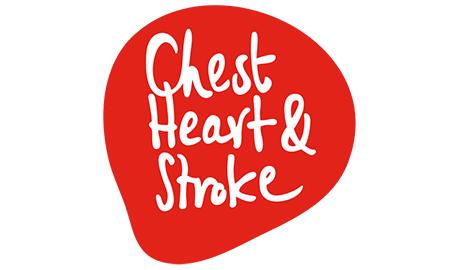Heart Failure
Heart failure means that your heart is not able to pump blood in the way it should. The most common cause of heart failure is a heart attack, which causes damage to the muscle of the heart. Common causes of chronic (long–term) heart failure include:
- Coronary heart disease
- High blood pressure
- Cardiomyopathy (disease of the heart muscle)
- An irregular heartbeat
- Disease of the heart valves
- Thyroid gland disease
- Alcohol or substance abuse
All these conditions put extra strain on the heart over a long period of time. The heart initially tries to cope with the extra workload by getting bigger, developing more muscle or beating faster in an attempt to keep up with demand. But eventually it cannot cope and when it starts to fail symptoms will become evident. Not everyone experiences the same symptoms, but you might feel short of breath when you are physically active. For some people this happens even when they are at rest. You may feel very tired, or have swollen feet and ankles. If you have had a serious heart attack the symptoms may develop suddenly but they can also develop over weeks, months or longer.























































